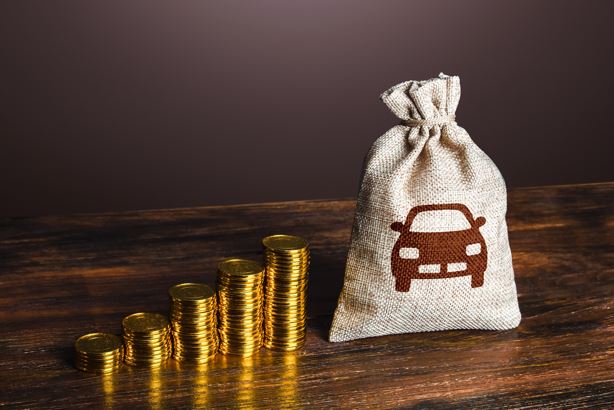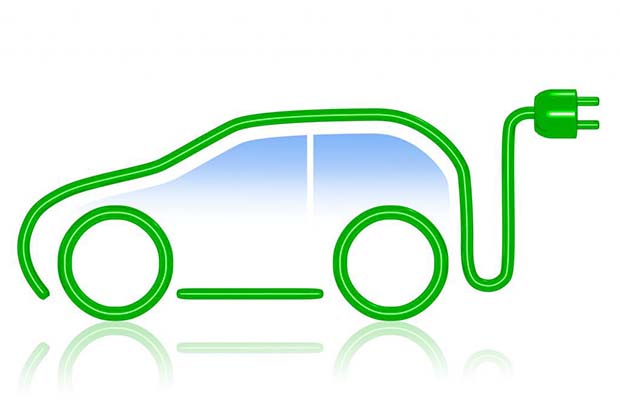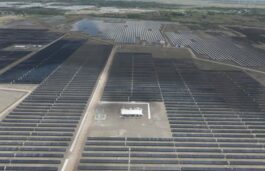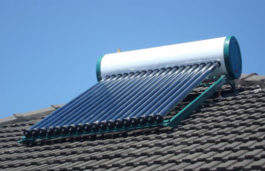Highlights :
- The top 3 states with biggest EV subsidies are Delhi, Haryana and Maharashtra
- India may have over 50 lakh electric vehicles on road by 2030
 Top 3 states with EV subsidies
Top 3 states with EV subsidies India has been successful in spurring the Electric Vehicles trend in the country. While the central efforts were instrumental in this development, the contributions of various states in terms of subsidies have formed the backbone of EV adaptation as well. However, keep in mind that subsidies are unlikely to last very long, possibly not beyond 2025-26, as the whole idea is to encourage initial adoption, before EVs become more affordable on their own.
Unlike other major markets like the US and China where electric cars are contributing to EV growth, two-wheelers dominate the EV market in India.
The Indian policies are largely in consonance with its aim of achieving EV sales penetration of 70 per cent for all commercial cars, 30 per cent for private cars, 40 per cent for buses and 80 per cent for two and three-wheelers by 2030. This is going well in line with its larger ambition of going net zero by 2070. The South Asian country is riding toward a clean mobility future with a fleet of over 18 Lakh EVs on its roads at the dawn of 2023 and may grow almost three times to 50 lakh units by 2030.

Initiatives of GOI
Several initiatives and programmes of the government of India have contributed to establishing EVs as a serious alternative in the Indian automobile industry in the country. These include the allowance to 100 per cent FDI through the automotive route in the EV space, incubator programmes, shared facilities for prototyping and small-scale manufacturing, financial support through the Credit Guarantee Scheme for Start-ups (CGSS), tax breaks, and subsidies for consumers.
The Production linked incentive (PLI) scheme with a ₹25,938 crore budget helped ignite the domestic production of high-tech automotive products and draw capital to the industry’s value chain.
In addition, FAME India II Scheme has been launched with an outlay of ₹10,000 crore to incentivize demand for Electric Vehicles (EVs) by providing upfront subsidies and creating EV charging infrastructure. Allocation of ₹1000 crore has also been made under FAME II for the provision of EV charging stations.
The so far successful run of the country’s EV sector is partly a result of various pro-EV policies put forward by Indian states as well. While several Indian states are providing EV subsidies in some or the other way, three states stand out providing the biggest EV subsidies in the country.
Delhi
The capital offered one of the biggest EV subsidy plans in India worth around ₹100 crores under its electric vehicle policy introduced in 2020. Delhi is aiming to achieve 25 per cent EVs among total vehicle registrations by 2024.
Beginning with e-cycles, the Delhi government has been providing a subsidy of 25 per cent of the MRP (not exceeding ₹5,500 per vehicle). For the e-cargo cycles, the government provisioned a subsidy of 33 per cent of the e-cycle price (not exceeding ₹15,000 per vehicle). A scrapping incentive of ₹2,000-₹3,000 is a part of the package as well.
For the purchase of electric 2-wheelers, the government promised an incentive of ₹5,000/kWh of battery capacity; not exceeding ₹30,000 per vehicle. A scrapping incentive of up to ₹5,000 has also been there for electric 2-wheelers in Delhi.
For the promotion of its e-LCVs and e-autorickshaws, the government provisioned a subsidy of ₹30,000/vehicle, with a scrapping incentive of up to ₹7,500. In addition, a 5 per cent interest subvention on loans and/or hire purchase scheme is part of the scheme.
Luring buyers to go for electric four-wheelers, the government provided a Purchase incentive of ₹10,000/kWh of battery capacity (up to ₹1,50,000/vehicle) for the first 1000 cars purchased (Delhi crossed the 1000-car mark in August 2021).
Haryana
Haryana offered one of the most generous policies for EV buyers. The new Haryana EV Policy-2022 was adopted last year to enhance the EV market share in the state. Among other targets, the policy aims to replace all forms of Government vehicles with EVs by 2024. To achieve its goals, the state government is providing incentives for both – EVs as well as Hybrid EVs (HEVs).
The state is offering 15 per cent of the ex-showroom price – up to ₹3 lakh – in subsidy for HEVs in the price range of ₹15-40 lakh. For Hybrid Electric Cars of price range ₹40-70 lakh, the incentive is 15 per cent of the ex-showroom price – up to ₹5 lakh.
The policy is even more flattering for the full-electric cars as the state offers a 15 per cent subsidy of up to ₹6 lakh for electric cars priced between ₹15 lakh to ₹ 40 lakh. Even the premium imported EVs are subsidised for 15 per cent, up to ₹10 lakh, for electric cars in the price range of ₹40-70 lakh.
For electric tractors, the state is offering a subsidy of 50 per cent of the ex-showroom price – up to ₹5 lakh, while for electric buses, an incentive of 10 per cent of the ex-showroom price of the vehicle and up to a maximum of ₹10 lakh is being provided.
The state is also providing exemptions on Motor Vehicle Tax – 100 per cent for electric 2-wheeler and 3-wheeler; 75 per cent for electric 4-wheelers and buses; and, 25 per cent on hybrid electric 4-wheeler.
Maharashtra
Maharashtra announced its EV Policy in 2021 intended to make the state the top EV producer by 2025.
For electric 2-wheelers, the first 100,000 units to be sold would qualify for subsidies – an incentive of ₹5,000 per kWh of battery capacity – a maximum of ₹10,000. There was an early bird incentive of up to ₹15,000 for an electric 2-wheeler with a 3 kWh battery until the end of 2021. A ₹7,000 scrappage is also applicable for an electric 2-wheeler in the state.
The state policy offered incentives of up to a maximum of ₹2,75,000 for 4-wheelers. This consisted of a basic subsidy of ₹1.5 lakh (₹5000/kWh battery till 30 kWh) and a scrappage incentive of ₹25,000. A ₹1 lakh early bird incentive was also offered until the last day of 2021.
Further, all EVs registered in Maharashtra are exempt from road tax and registration fees.






























